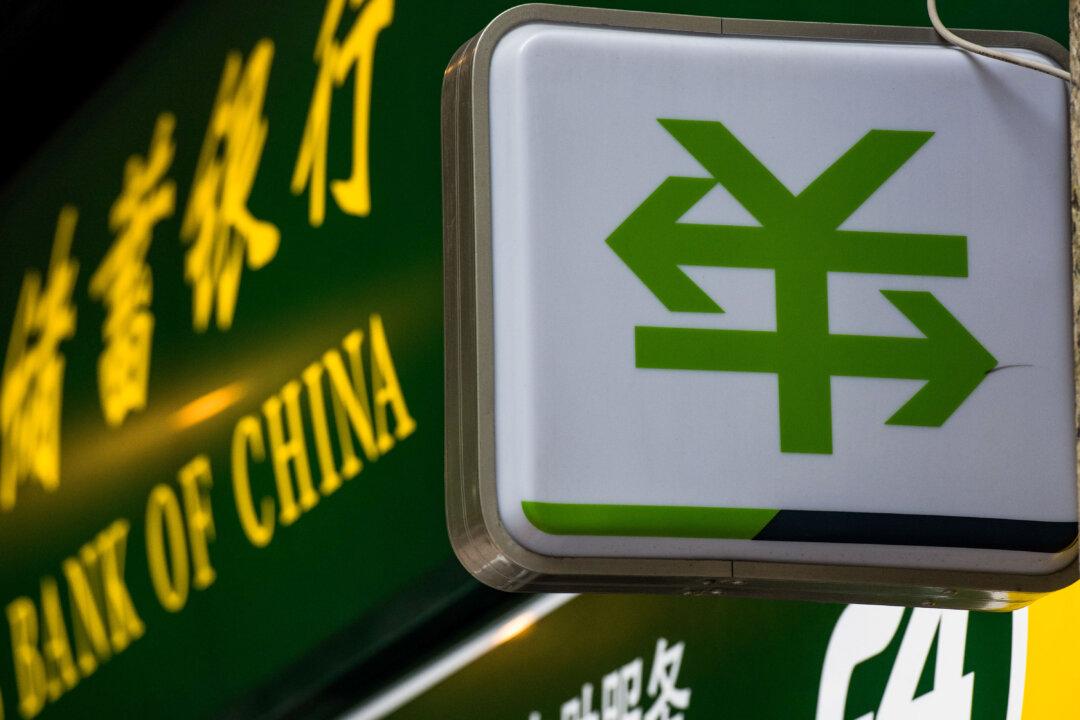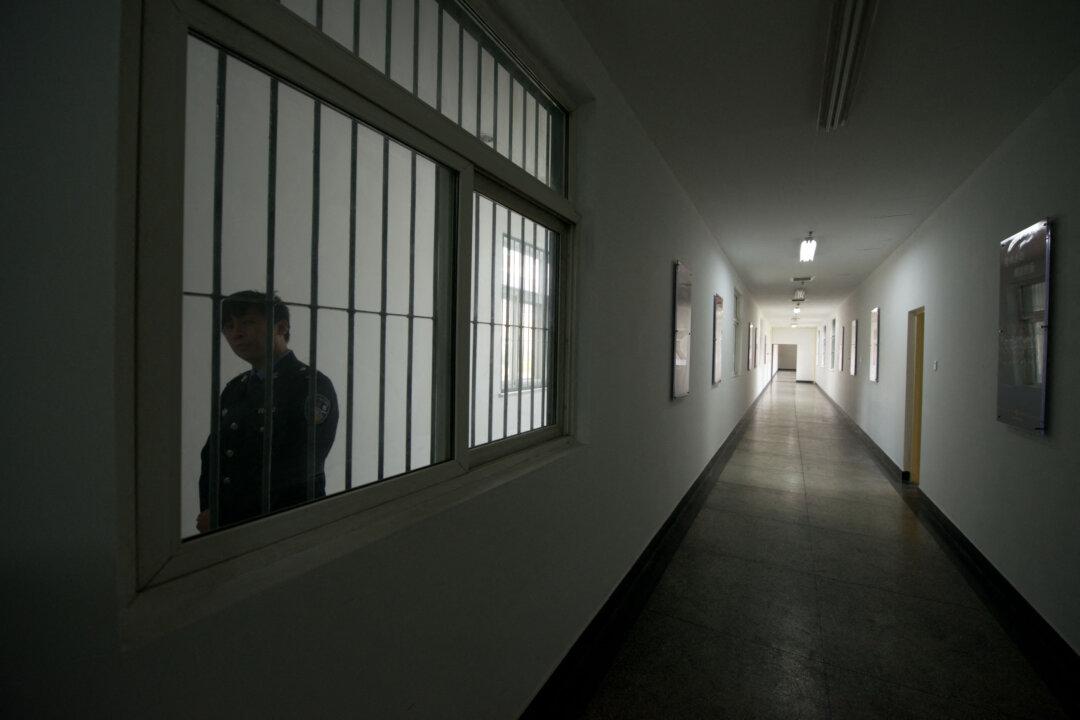Since the start of July, China’s ruling Chinese Communist Party (CCP) launched a campaign requiring high net worth Chinese pay a retroactive 20 percent tax on foreign income dating back to 2020, according to insiders.
Those who fail to comply risk late payment penalties and administrative fines.
Strict and Retroactive Enforcement
At the start of the month, the Chinese regime’s provincial tax bureaus issued notices to corporate executives, financial professionals, and private individuals with overseas holdings, instructing them to declare their foreign income accumulated over the past five years, insiders said.Ms. Zhao, a tax officer in China whose full name is being withheld for safety reasons, told The Epoch Times on July 11 that she and her fellow officers received notifications from their local tax bureau, requiring the filing of their overseas income reports.
“This is a nationwide directive from the central [government],” she said. “High-net-worth individuals have to report their overseas income and pay a 20 percent income tax.
“The focus is on overseas stock trading, investments in Hong Kong and U.S. stock markets, property purchases, and rental income earned after 2020,” she added.
According to Zhao, even minor discrepancies could lead to enforcement action. “The big data system in China is already highly developed,” she said. “Tax authorities can trace cross-border wire transfers, investment channels, foreign property sales, and even rental income.”
Keeping Money Inside China
For years, the CCP had asserted a right to tax residents on their overseas income. In 2023, China’s Ministry of Finance and State Taxation Administration issued official guidance requiring Chinese tax residents to declare all offshore income, aligning domestic law with international agreements such as the global Common Reporting Standard (CRS) on automatic tax information exchange. But enforcement had been very limited.Analysts say the deeper motivation behind the July campaign is to stem the tide of capital flight and redirect investment back into China’s struggling domestic economy.
“The [Chinese] government wants your money to stay inside the country—buying property, investing in local markets,” Zhao said. “The core issue is that the Chinese economy is in decline.”
Li Yimin, a finance scholar who graduated from China’s Shandong University, spoke to The Epoch Times under a pseudonym and said that the newly enforced 20 percent tax rate on overseas income reflects the state’s desperation for new sources of revenue.
“In recent years, [we have] seen a surge in legal capital flight,” Li said. “Now, the government is trying to seal off that escape route.”
The shift marks a dramatic change in enforcement. No longer a regulatory blind spot, foreign income is now a high-priority target for the CCP.
Message to the Wealthy
The policy had already seen a number of high-profile individuals face consequences before the July campaign, which is targeting people from China’s wealthier coastal provinces of Guangdong and Zhejiang.According to M&T Lawyers, in one 2023 case, the Shanghai tax bureau in China used CRS data to uncover that a private equity executive had failed to report 20 million yuan ($2.75 million) held in a Singaporean bank account. The individual was ordered to pay 6 million yuan (US$840,000) in back taxes and penalties, and was barred from leaving China.
Since March, similar cases have emerged all across the country, including enforcement actions over relatively small offshore stock trades and even undeclared cryptocurrency transactions.
The ongoing campaign fits into Beijing’s broader push to consolidate financial control, discourage offshore investments, and counteract structural weaknesses in China’s domestic economy, particularly as the regime’s local governments grapple with revenue shortfalls and a declining real estate market.






